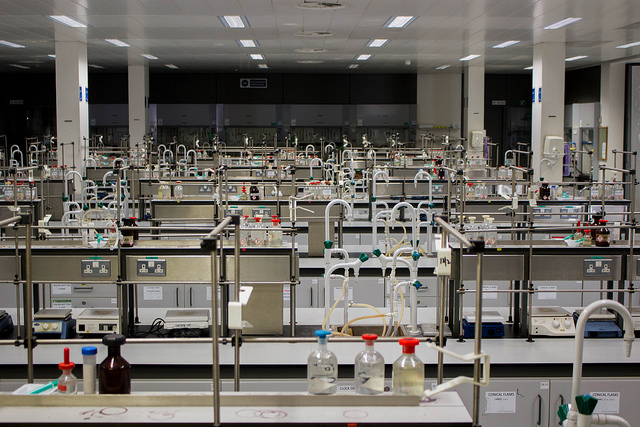An initial observation on the provost election from a support and service staff perspective is that the whole process is archaic, undemocratic and insulting to those who work in College but have no voice in the election of a person who will hold the most important position in College for a decade.
That so few (around 800 academic staff) decide who this person is to be does a disservice to our excellent disenfranchised staff, all of whom have been rightly lauded by the current administration. The regime of the current provost can be categorised as one of disrespect and disregard for support and service staff, which has resulted in an increasing lack of trust towards College management.
The results of a staff morale survey organised by Unite the Union midway through the current term were a shocking reflection on the style of management of the incumbent, with 90 per cent of the respondents indicating a lack of trust in College management. An illustration of the dysfunctional relationship with support and service staff was the unilateral decision by College management to discontinue staff promotions. This resulted in overwhelming support for industrial action, which was only avoided after a climb down by management.
The lack of engagement with staff during the current provost’s tenure was exemplified by the fact that there was no support and service staff representation on the committees developing the College’s Strategic Plan 2019 – 2024 or the Trinity Futures document. It’s astounding that staff had no input into two documents which will have a significant effect on the future direction of college and the working conditions of the employees.
That so few – around 800 academic staff – decide who this person is to be does a disservice to our excellent disenfranchised staff
We welcome that a female provost will take the helm this August. Female leadership can offer significant and systematic differences in outcomes, as has been evidenced by female leadership in countries around the world during the pandemic. We welcome an opportunity for positive, empathetic and collaborative change to College, a reduction in over-corporatisation and a rebuilding of our collegiality.
The trade unions in College hope that the next provost will be more amenable to including all staff in the decision-making processes. The successful candidate must recognise that staff morale plays a significant role in creating an attractive environment for study and work.
The unions have met all three candidates and have requested that they commit to regaining the trust of support staff. We asked that they tackle the inequality of promotional opportunities (academic promotions have run unhindered, while support/services haven’t run since 2017). We have also asked that the candidates commit to employing direct labour rather than outsourcing and tackle the continuing precarious employment practices such as issuing contracts rather than permanent, secure work.
The last time there was a provost election in College we were facing the consequences of an economic crisis caused by the private banking sector. We are now facing a possible economic crisis caused by the COVID-19 pandemic. Austerity was the mistaken response to the previous financial crisis which delayed the economic recovery of the country and the unions are hopeful that the successful candidate will not resort to the failed policies of austerity.
Cieran Perry is the secretary of Trinity’s local committee of Unite the Union, which represents technical staff in College.







